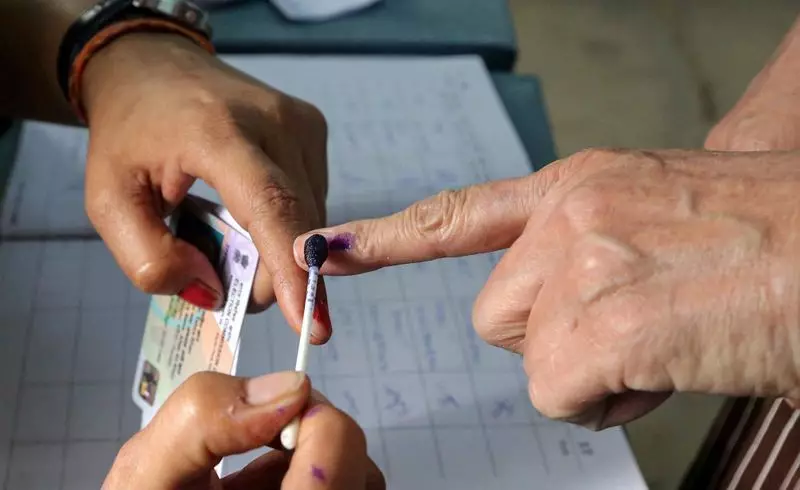
The Aam Aadmi Party has secured a decisive victory in the Tarn Taran assembly bypoll, dealing a significant blow to traditional political players in Punjab. AAP candidate Dharamvir Singh emerged triumphant with an impressive margin of over 37,000 votes, signaling a potential realignment of political forces in the state ahead of the crucial 2027 Assembly elections.
Landslide Victory for AAP Candidate
Dharamvir Singh of the Aam Aadmi Party secured 65,159 votes in the closely watched by-election, demonstrating the party's continued popularity in the Malwa region. The victory margin of 37,585 votes against his nearest rival, Shiromani Akali Dal's candidate, has sent shockwaves through opposition camps.
The bypoll, necessitated by the resignation of Congress MP Gurjeet Singh Aujla, became a critical test for all major political parties. The counting process unfolded at the Guru Nanak Dev University Campus in Amritsar, where election officials meticulously tallied votes throughout the day.
Opposition Parties Face Crushing Defeat
The Shiromani Akali Dal candidate managed to secure only 27,574 votes, finishing a distant second in the electoral race. The Congress party's performance was particularly dismal, with their candidate registering just 23,000 votes and failing to make any significant impact.
This outcome represents a major setback for both traditional powerhouse parties in Punjab politics. The BJP candidate also failed to gain traction among voters, indicating that the AAP's development agenda and governance model continues to resonate with the electorate.
Strategic Implications for 2027 Elections
Political analysts are viewing this bypoll result as a crucial indicator of the shifting political landscape in Punjab. The massive victory margin provides AAP with significant momentum as the party prepares for the 2027 state assembly elections.
The result suggests that AAP has successfully consolidated its position in the Malwa region, which accounts for a substantial number of assembly seats. This victory also demonstrates that the party's organizational strength remains robust despite various challenges faced by the state government.
For the opposition parties, particularly the Congress and Shiromani Akali Dal, this defeat necessitates serious introspection and strategic overhaul. The inability to mount a credible challenge to the ruling party indicates deeper structural issues within these traditional political formations.
The Tarn Taran bypoll result has undoubtedly reshaped the political calculus in Punjab, setting the stage for an intense political battle in the run-up to the 2027 assembly elections.





